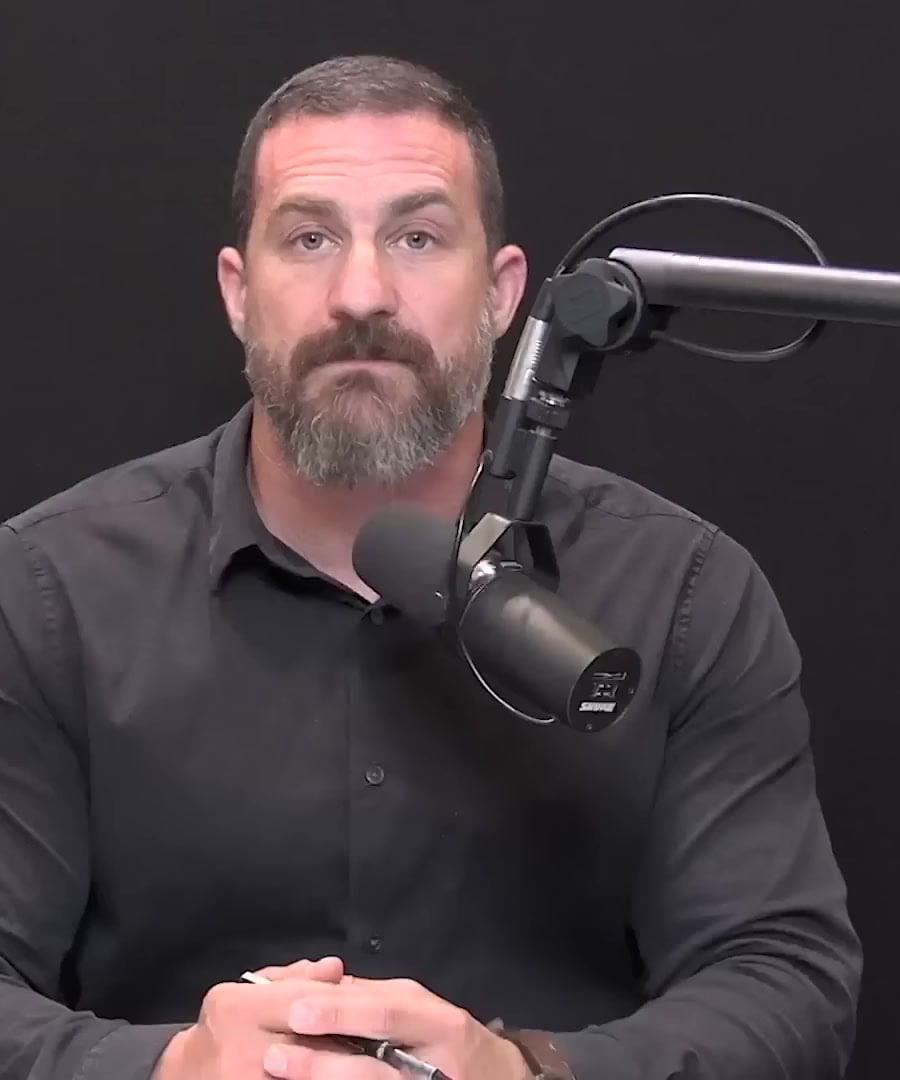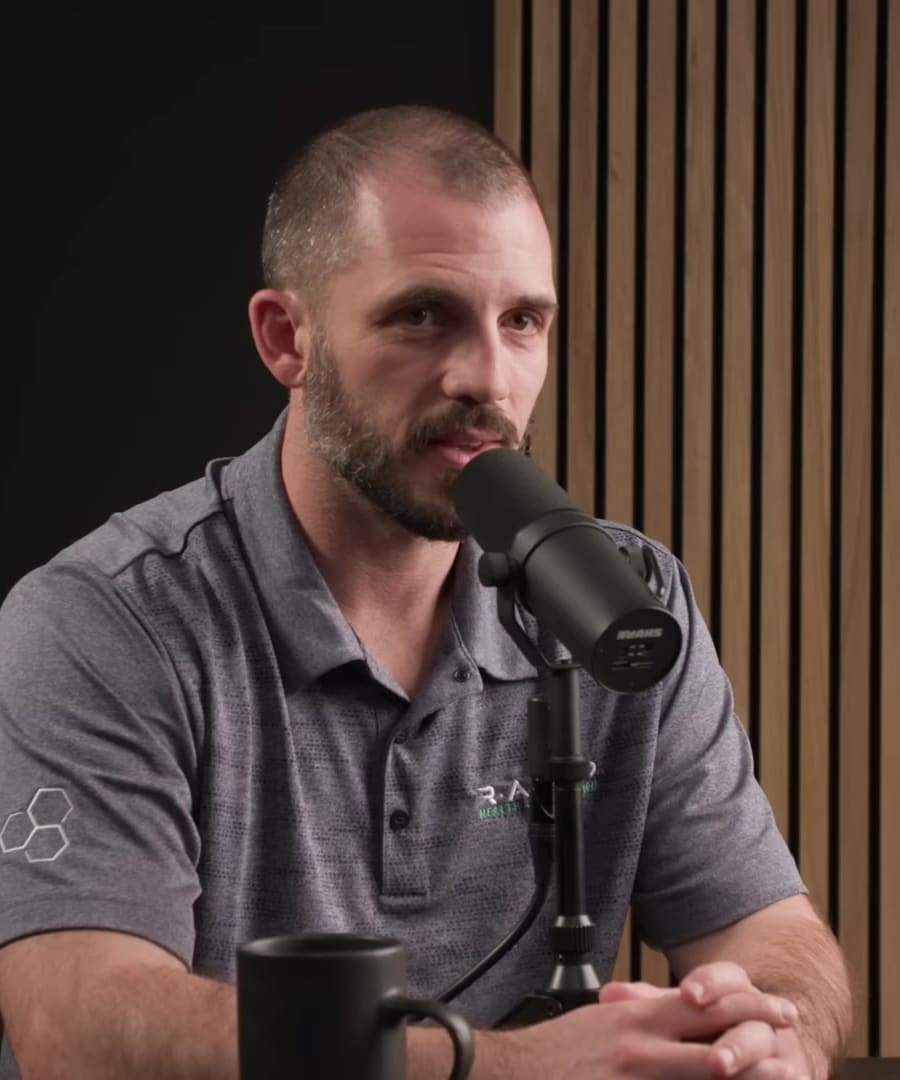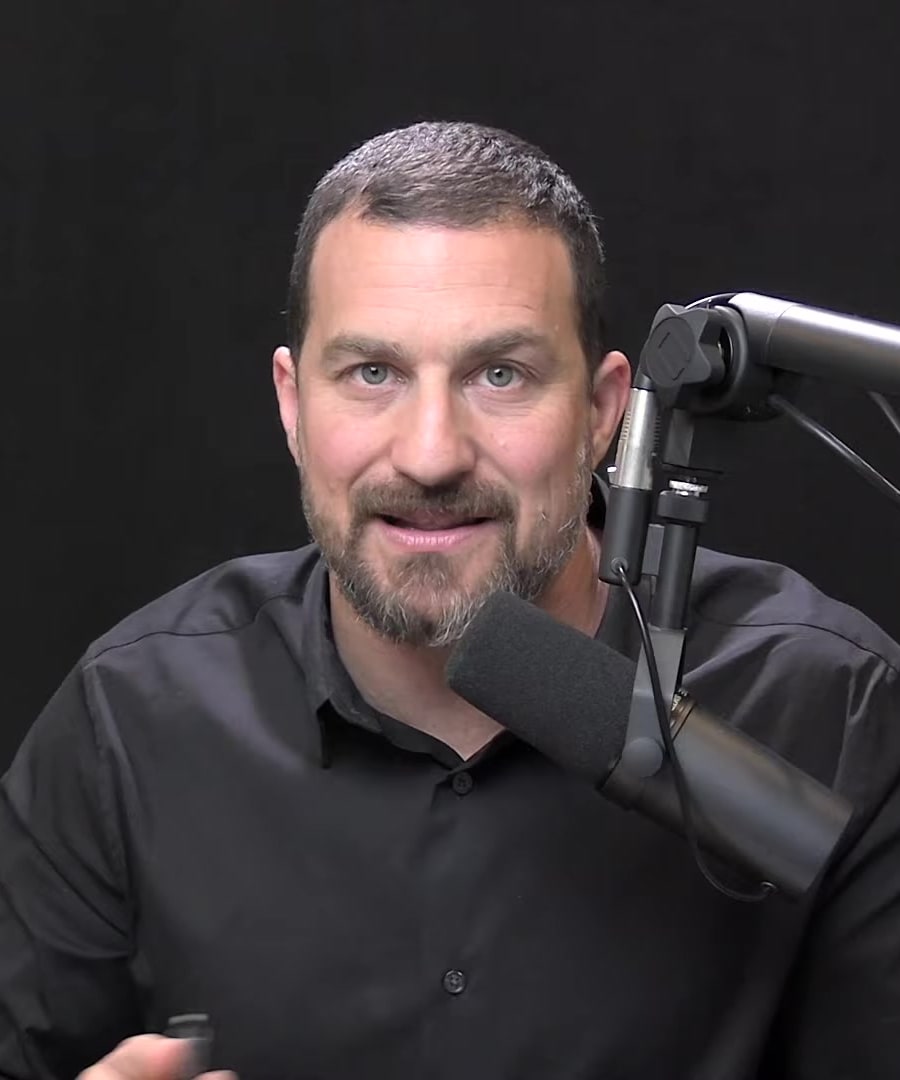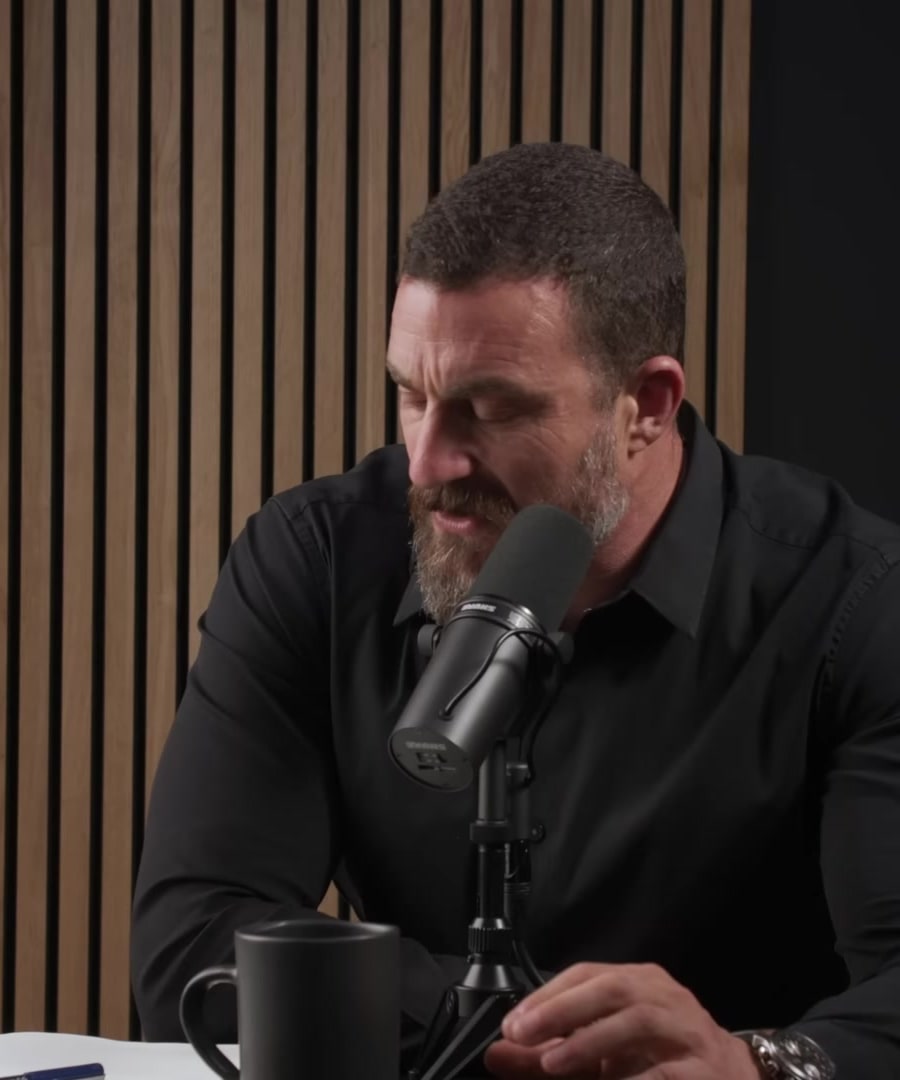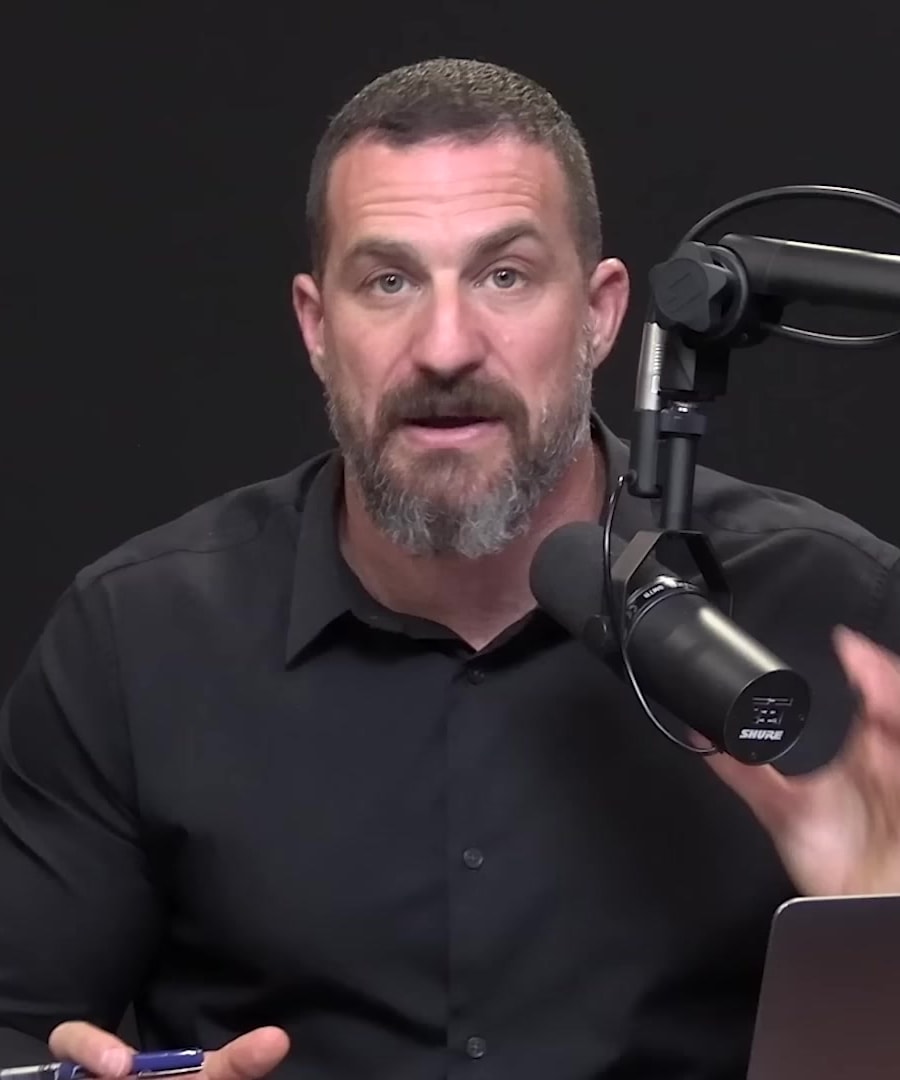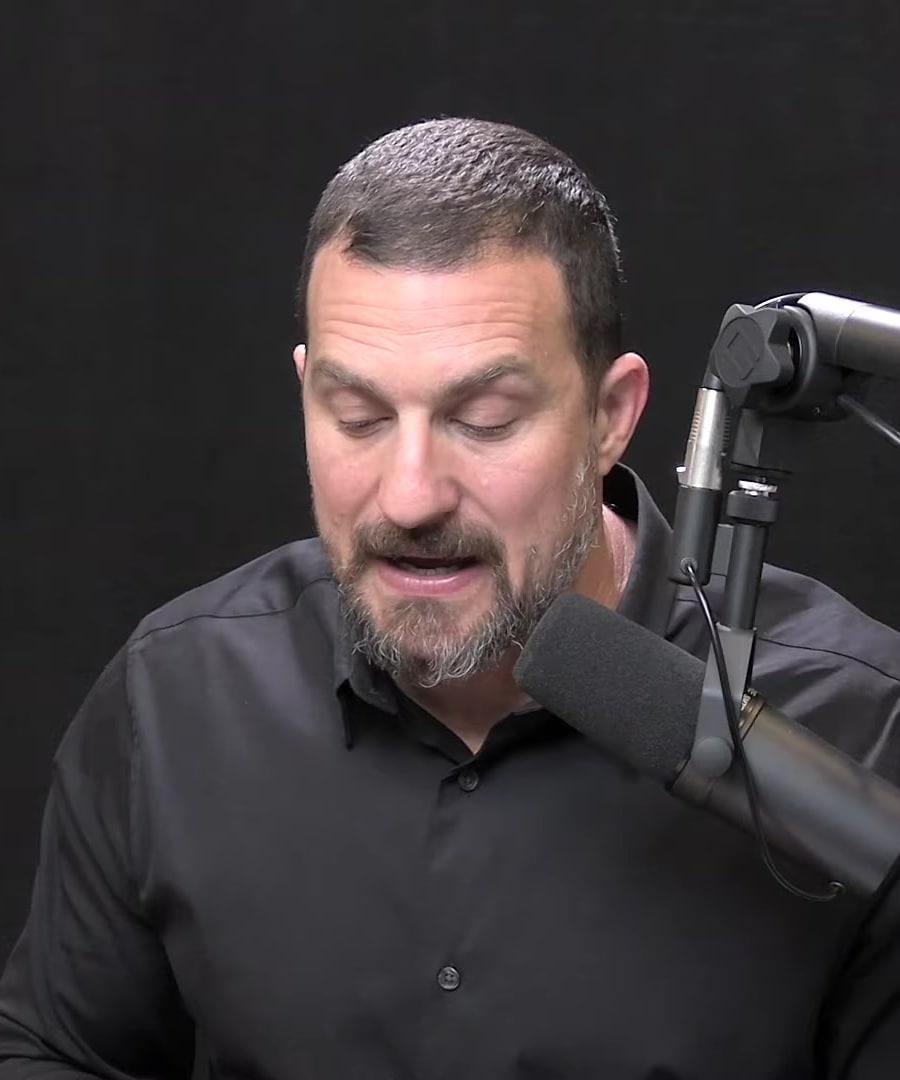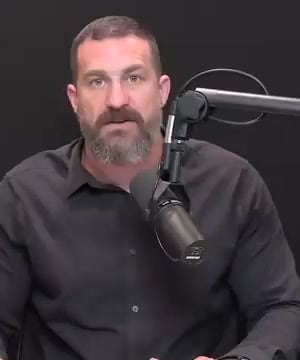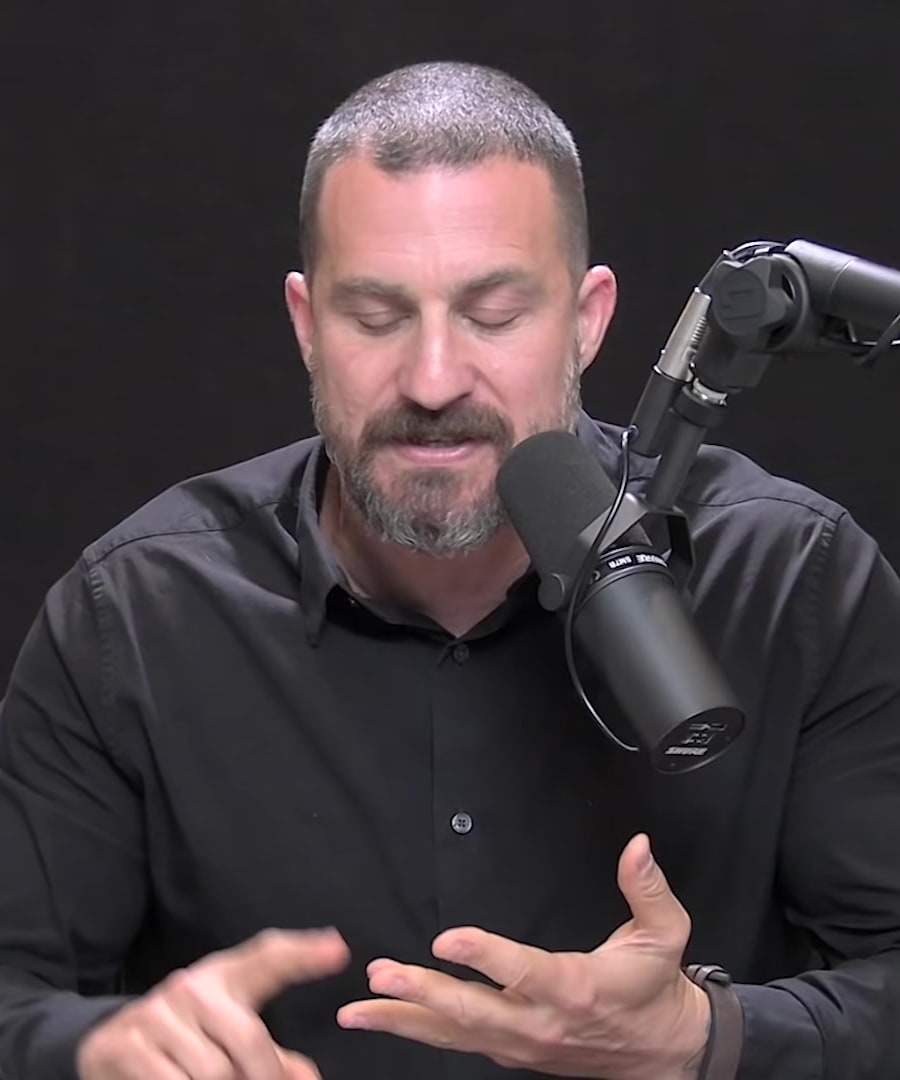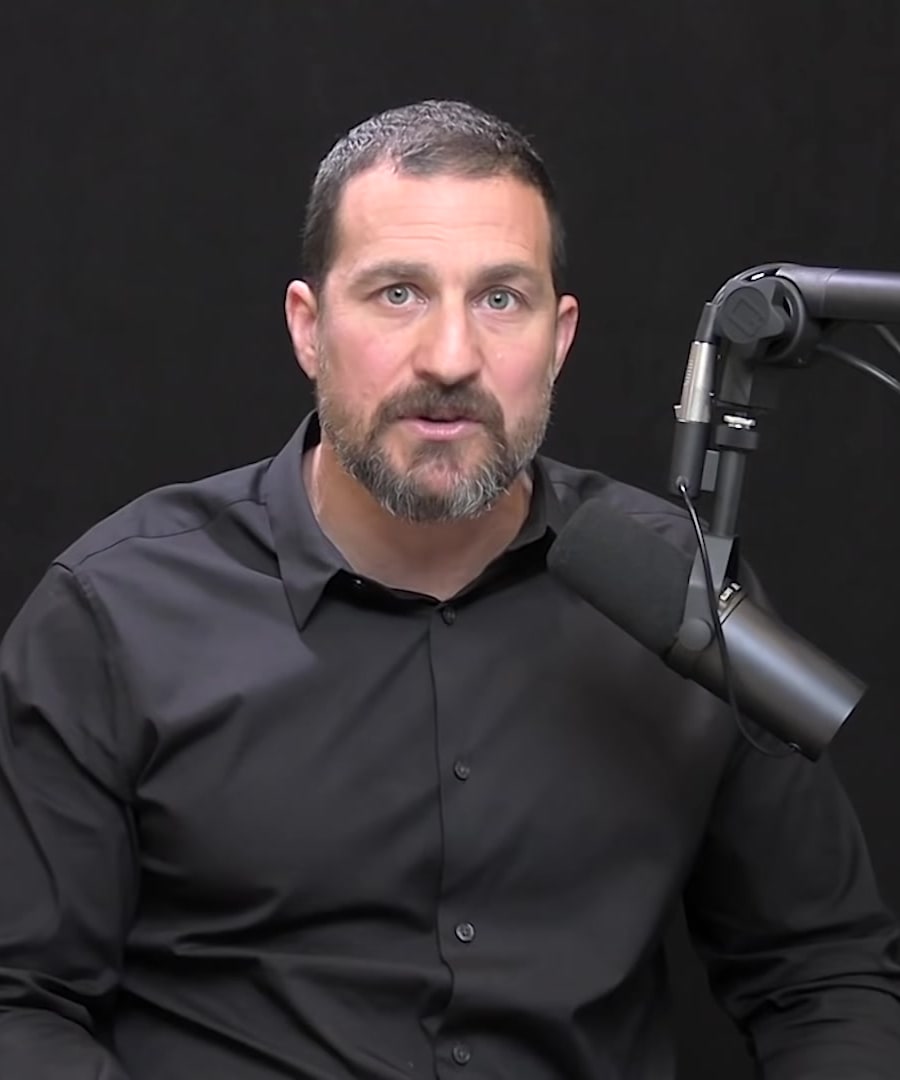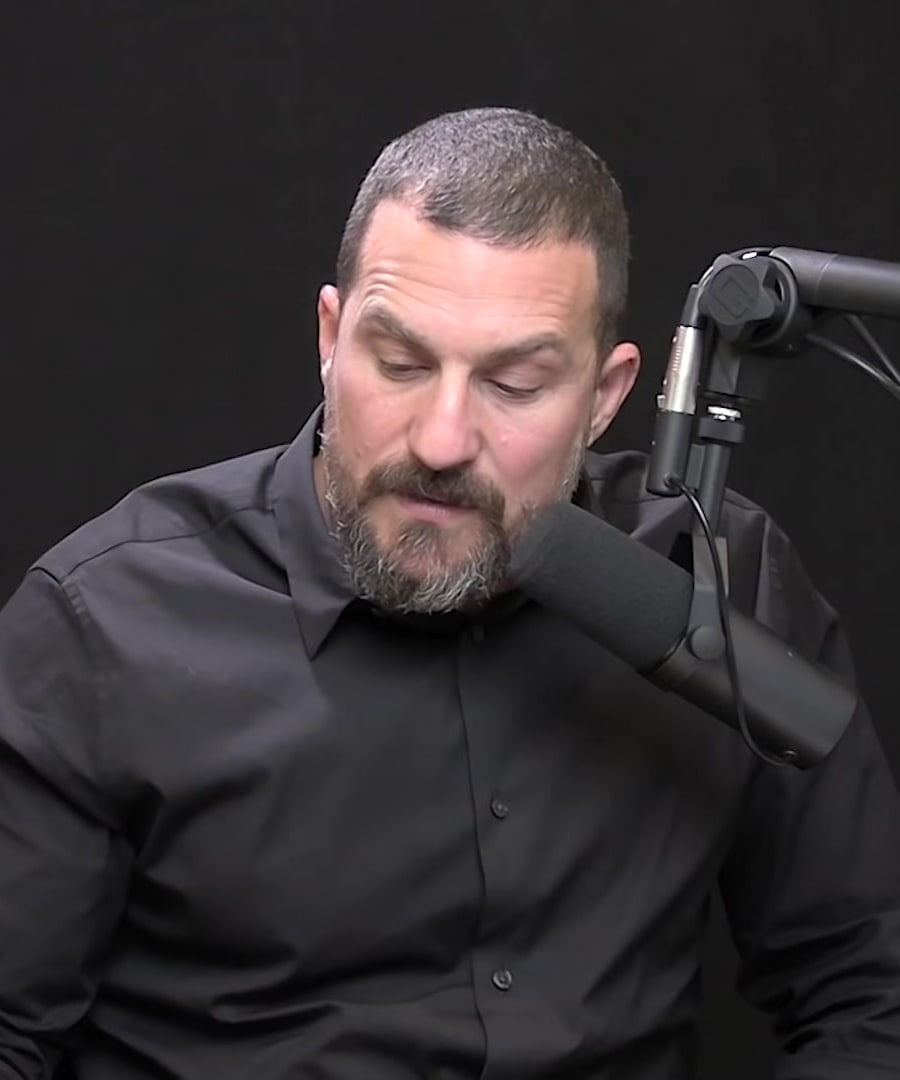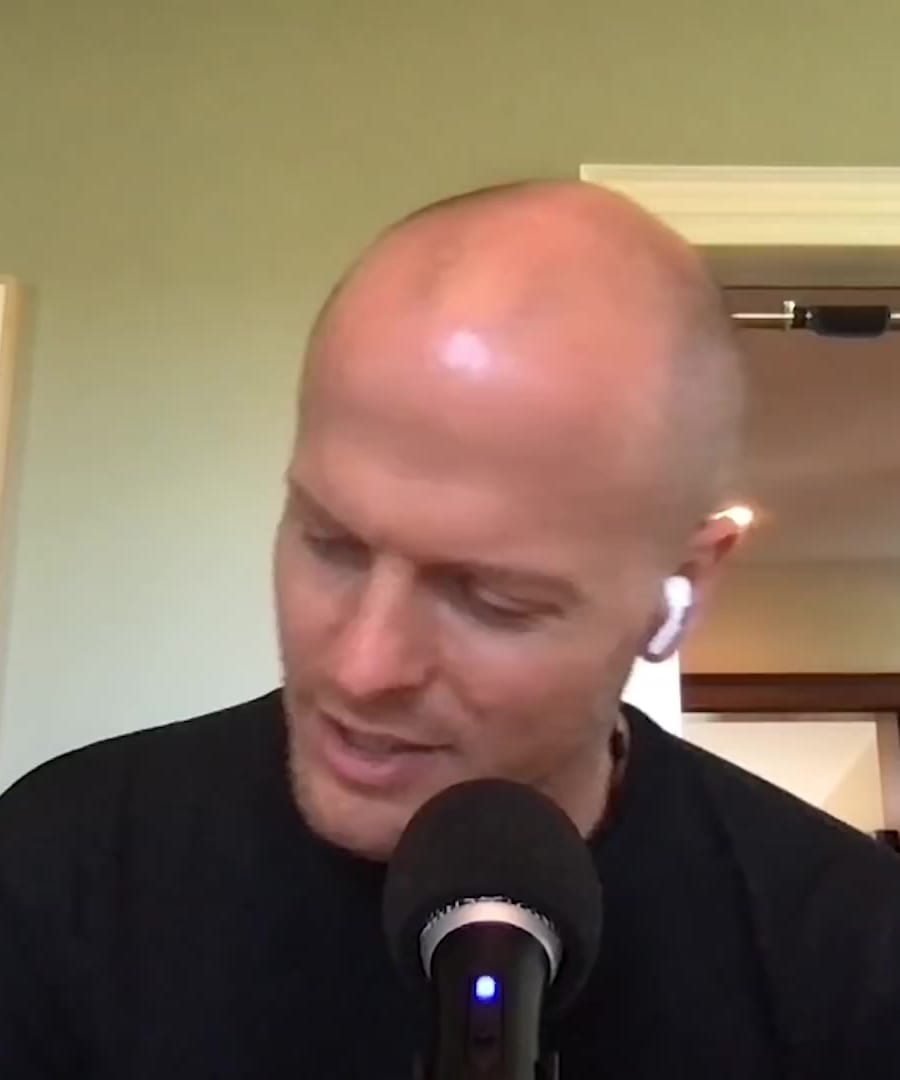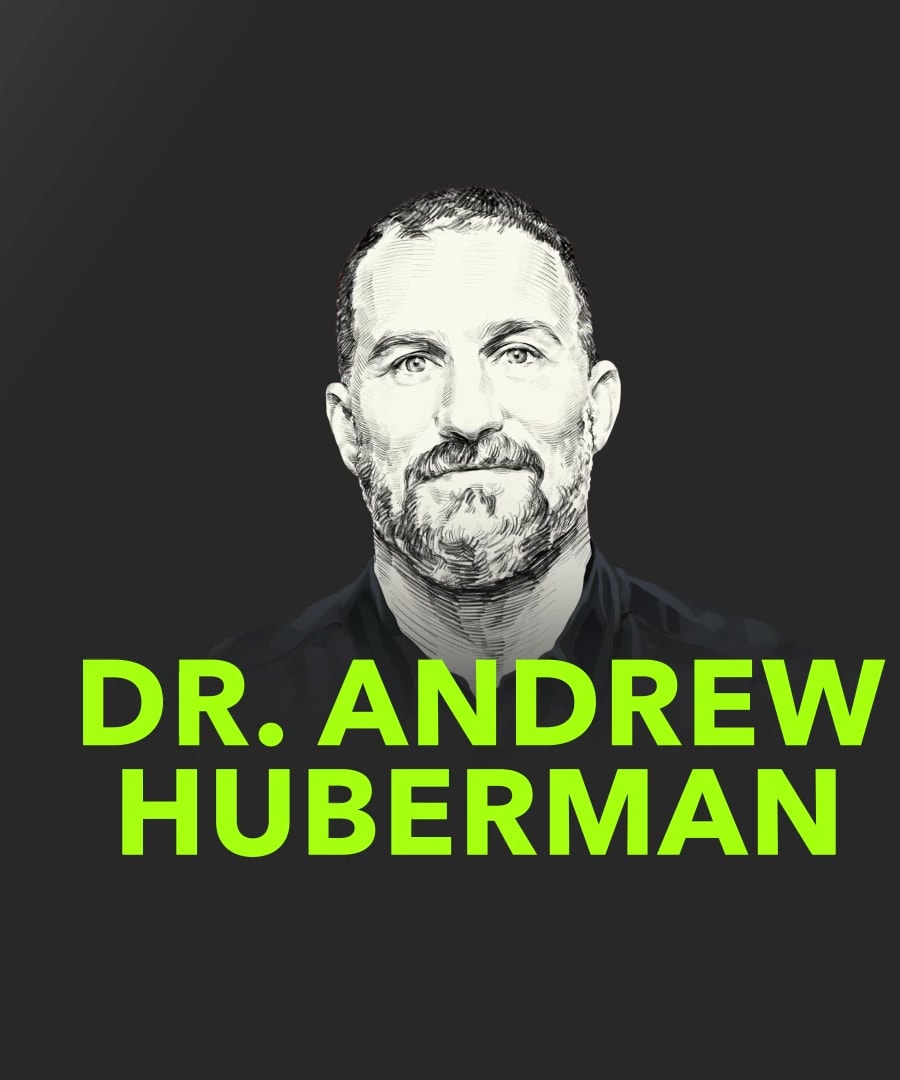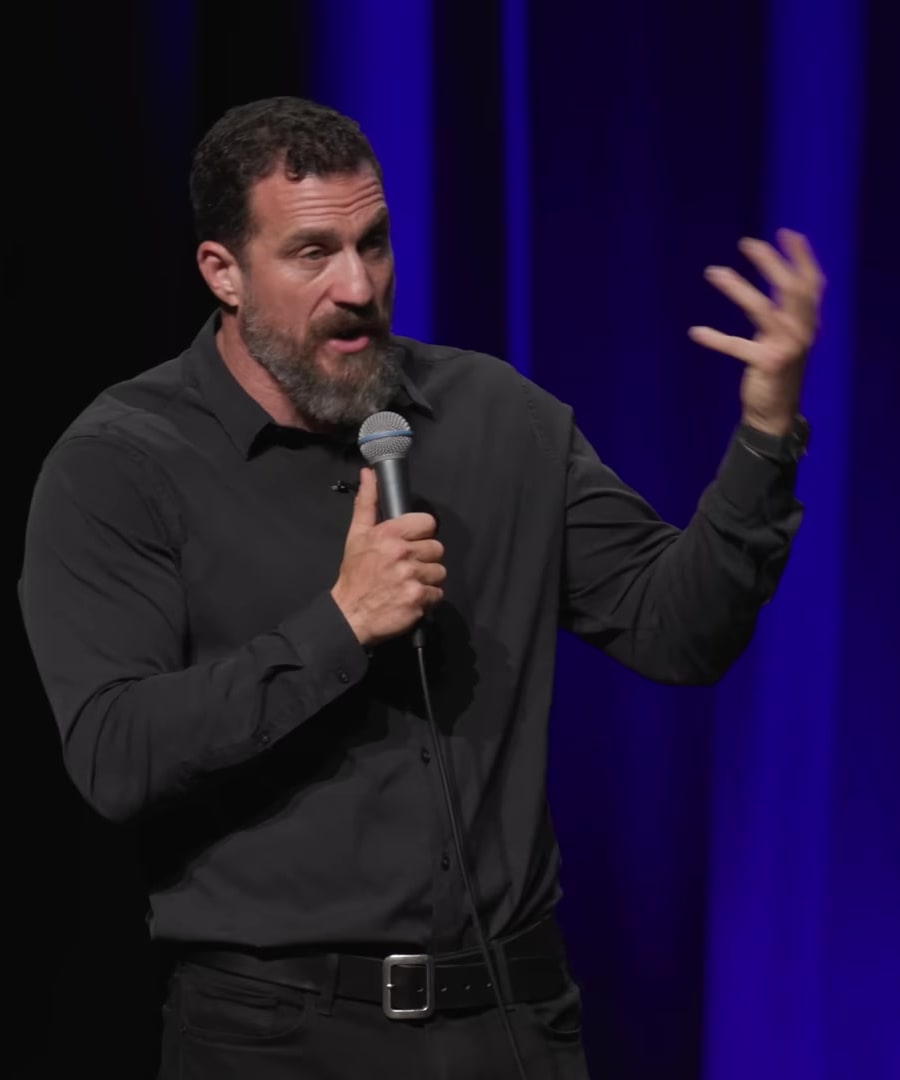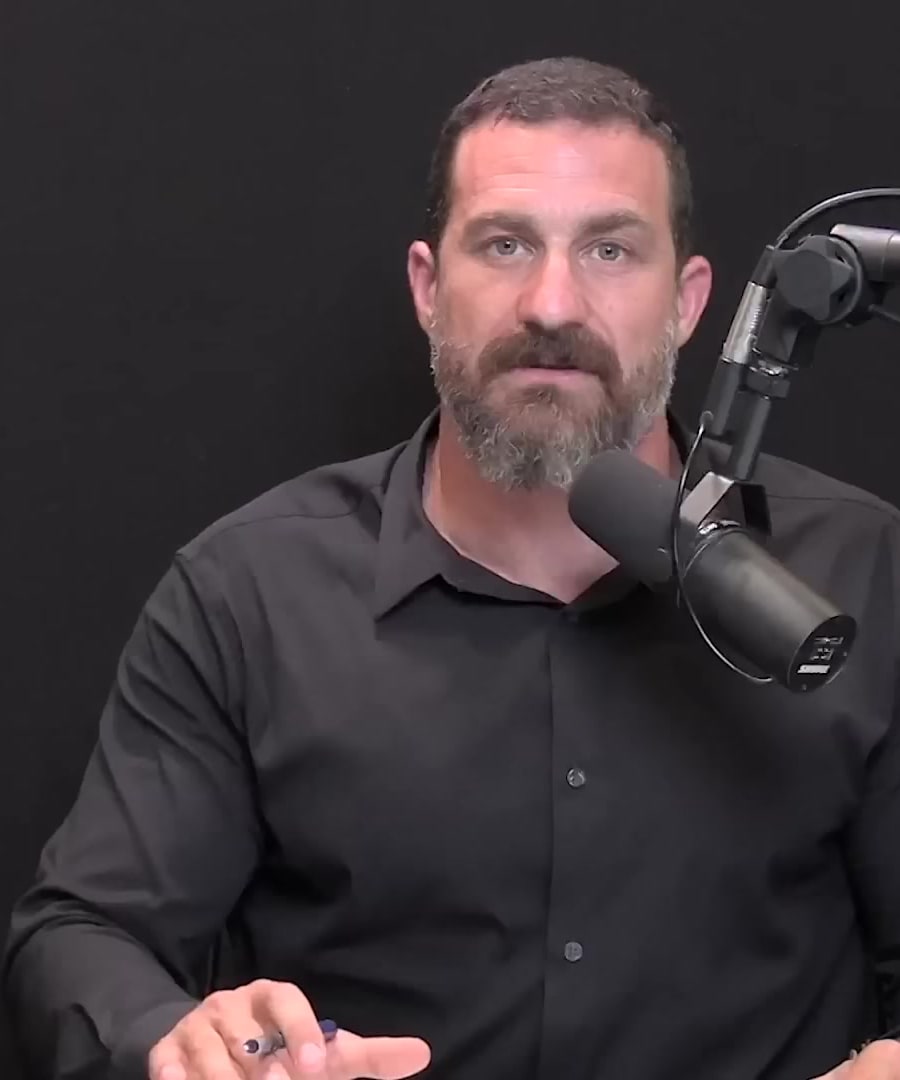What protocols are recommended for improving sleep?
Sources:
To improve sleep, the following protocols and tools were recommended by and guests on the :
-
Behavioral Protocols:
- Non-Sleep Deep Rest (NSDR): Practices for achieving a state of deep relaxation, useful for falling asleep or returning to sleep if awakened during the night. An NSDR script by Andrew Huberman is freely available on YouTube 1.
-
Environmental Adjustments:
-
Technological Tools:
-
Supplements:
-
Therapies:
- Myofunctional therapy: Tongue exercises that might help with REM sleep and snoring issues 2.
Andrew emphasizes the importance of understanding the diverse tools available to help modify physiology for cognitive and physical improvement. He stated the importance of optimizing sleep to maintain focus and attention, and offered a sleep toolkit available through the Huberman Lab platforms 7.
Additionally, he suggests trying different interventions one at a time and for periods of about a week to understand which supplements or strategies work best for an individual's sleep 5.
Remember to always consult a healthcare professional before implementing new health protocols, especially when considering the use of supplements.
RELATED QUESTIONS-
Tell me more about NSDR techniques for sleep.
Sources:
Non-Sleep Deep Rest (NSDR) techniques include practices that induce deep relaxation without actual sleep, and they can be beneficial for brain and body function. has discussed different methods of NSDR, such as meditation, yoga nidra, and hypnosis, and how they share a common goal of significantly relaxing the body and mind 1.
These techniques can reset neuromodulators in the brain, particularly in the striatum, which is involved in planning and executing movements. This resetting process can help improve deliberate engagement with the world and overall mental and physical health 2.
In addition to enhancing relaxation, NSDR has been demonstrated to increase learning rates and information retention, especially when done for 20 minutes after a 90-minute period of focused learning 3. It can also help recover some of the sleep you might not get at night, restore dopamine levels, and prepare you for focused work of any kind 4.
also emphasizes that NSDR can aid in mental and physical vigor restoration and improve the ability to fall and stay asleep. Yoga nidra and clinical hypnosis are both categorized under the NSDR umbrella and can be zero-cost protocols available to anyone interested in trying them out, often found on platforms like YouTube 5 6 7.
Lastly, it's mentioned that if you experience poor sleep, doing an NSDR session before training or starting your day can be beneficial. A 10-minute NSDR protocol led by is available on YouTube and can be performed at any point during the day when you need restoration 4 8.
RELATED QUESTIONSSummarize Optimize Sleep, Enhance Performance, and More | Dr. Andrew Huberman
In the , provides insights tailored to optimizing sleep and enhancing overall performance. Although I don't have specific clip citations to provide a detailed summary, key takeaways from this episode typically include:
- Strategies to improve sleep quality, such as maintaining a consistent sleep schedule, controlling light exposure to manage circadian rhythms, and possibly using NSDR techniques.
- Discussion of how sleep patterns affect cognitive and physical performance, and the importance of deep sleep and REM sleep for memory consolidation and recovery.
- Tips on how to manage stress and emotional responses, which can influence both sleep quality and day-to-day performance.
- Lifestyle habits that can boost neurological health and wellness, potentially touching on diet, exercise, and mindset.
- Tools and techniques that listeners can apply to their own routines to enhance productivity, focus, and well-being.
For precise information and practical advice provided in this episode, accessing the episode directly or referring to specific clips from the episode would be ideal.
RELATED QUESTIONS
What protocols are recommended for improving sleep?
- RELATED QUESTIONS
Tell me more about NSDR techniques for sleep.
- RELATED QUESTIONS
Summarize Optimize Sleep, Enhance Performance, and More | Dr. Andrew Huberman
- RELATED QUESTIONS
